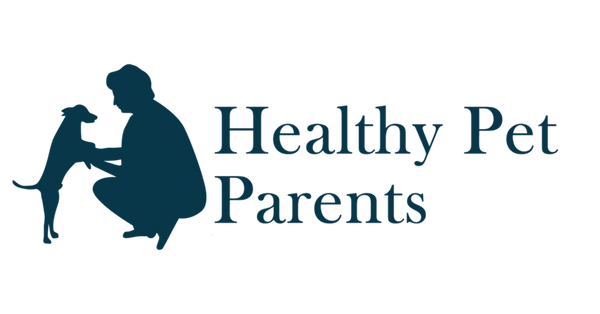
Raw diets mimic what your dog or their ancestors would eat in the wild. Whole prey is the essence of the DIY raw diet. It is considered completely balanced. A ratio of 80/10/5/5 is used to mimic whole prey. The heart and gizzard are considered muscle meat, not organs. The kidney, spleen, brain, testicle, thymus, and pancreas are all secreting organs.
It's just a sample meal, but you can prepare it any way you want, just follow these steps to make a balanced raw diet.
Chicken Neck - Make sure your dog can chew and swallow raw meaty bones. You shouldn't feed weight-bearing bones. Always supervise when your dog is eating. Cooked bones should never be fed. Wings, necks, feet, frames, ribs, and tails are safe.
Green Tripe - is a good source of manganese and has a 1:1 calcium-to-phosphorus ratio. Green or blue-lipped mussels are another sources of manganese.
Ground Goose and Ground Kangaroo - In the raw diet, protein variety is key, but exotic meats aren't essential. Don't overfeed your dog, just feed what he needs.
Beef Tongue - The tongue contains raw fat, so it's a good addition for active pets.
Pork Heart - There's a recommendation that the heart takes up 10-15% of the muscle meat category. A good source of taurine and B vitamins.
Liver - The liver is a great source of vitamin A, folic acid, vitamin B, iron, and copper.
Lamb Brain - Having a rich fatty acid profile, the brain contains docosahexaenoic acid (DHA).
There are a lot of nutritional gaps in this meal that need to be filled. And those are:
Fur - It's not necessary to have fur, but it has some benefits like fiber, which helps clean the digestive tract and bulks up stools to help with digestion.
Oily Fish - Oily fish are high in EPA/DHA. Salmon, sardines, mackerel, anchovies, herring, and smelt are ideal fish options high in Omega-3 and low in mercury.

Oyster - The wild oyster has a higher concentration of zinc than red meat, so it's great if you don't eat much red meat. You can also get zinc from wheatgrass and raw soaked/ground pumpkin seeds.
Pureed Vegetable - Kale, spinach, and chard are low in carbs and high in fiber. Because dogs don't have the jaw structure to grind plants, all vegetables need to be pureed or steamed.
Goats Milk Yogurt or Goats Milk Kefir - Yogurt/kefir isn't necessary to balance your diet, but it is beneficial. In addition to being fermented, kefir contains several major strains of friendly bacteria that yogurt doesn't have.
Kelp - In raw diets without whole prey, iodine is always deficient to support healthy thyroid function. Of all the fresh whole foods, kelp has the highest concentration of iodine.
Egg - Vitamin D and E are high in organic and pasture-raised eggs. It's recommended to feed 1-3 times a week. It's often enough to just feed the yolk.
Sunflower Seeds - Vitamin E is in raw and ground almonds, as well as wheatgrass.
